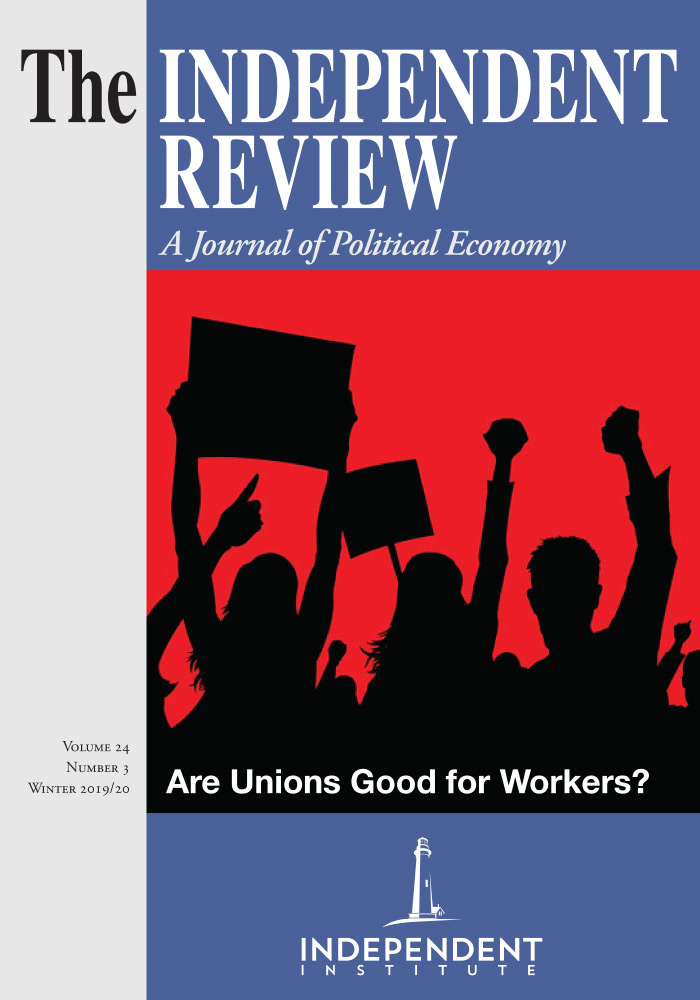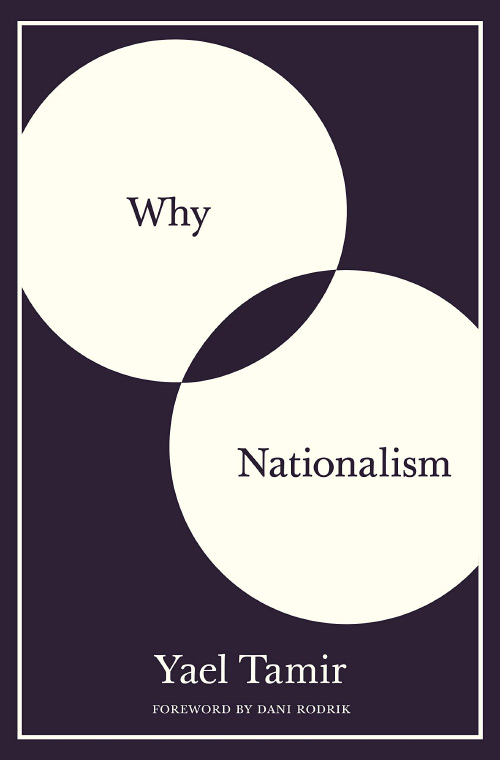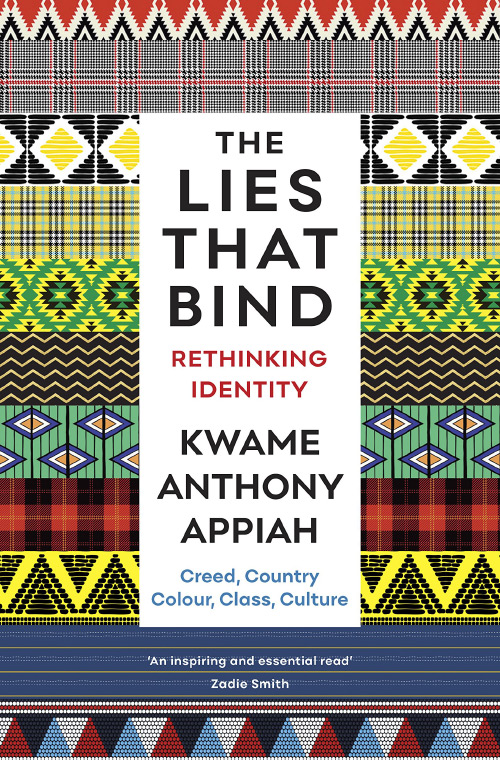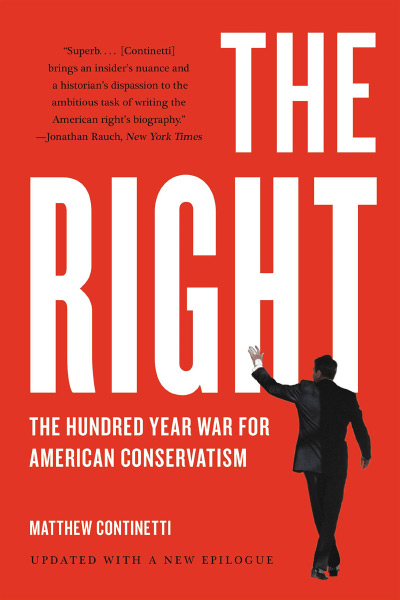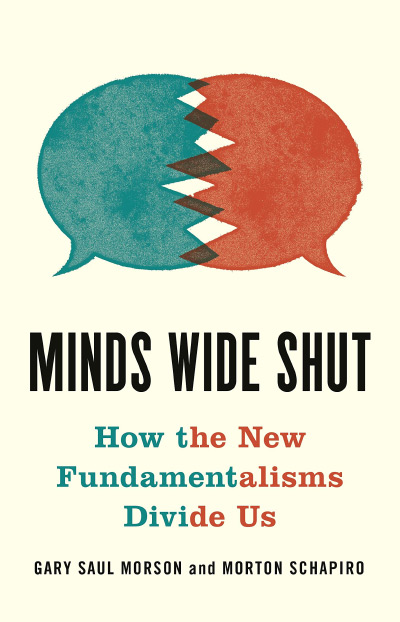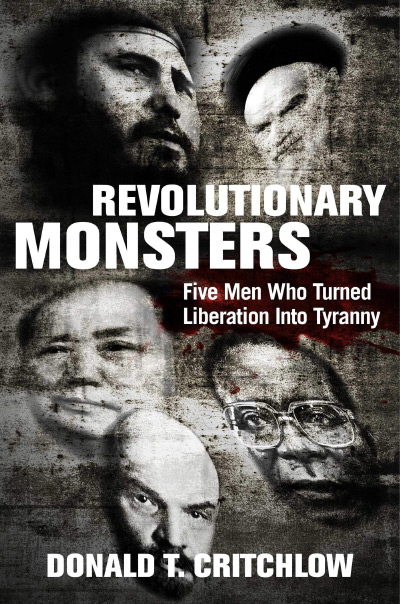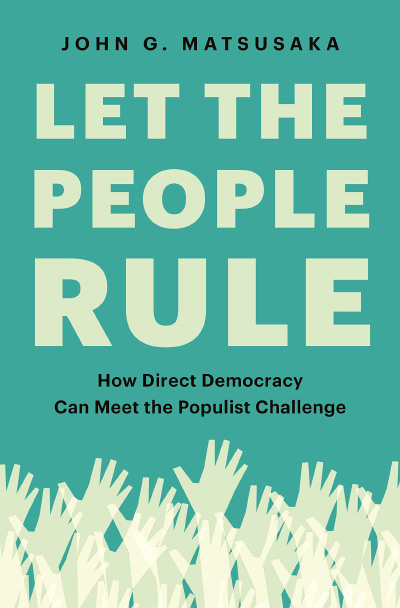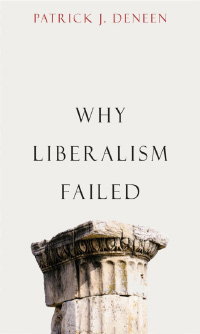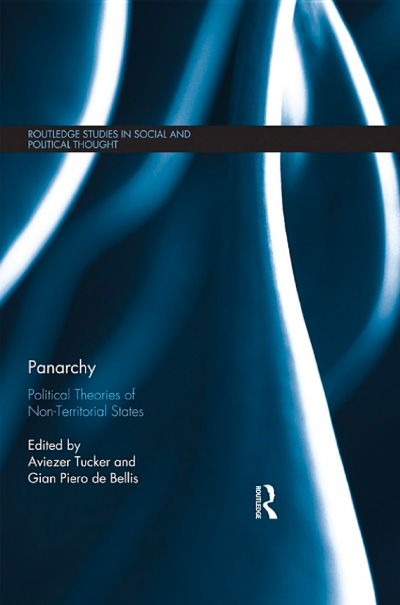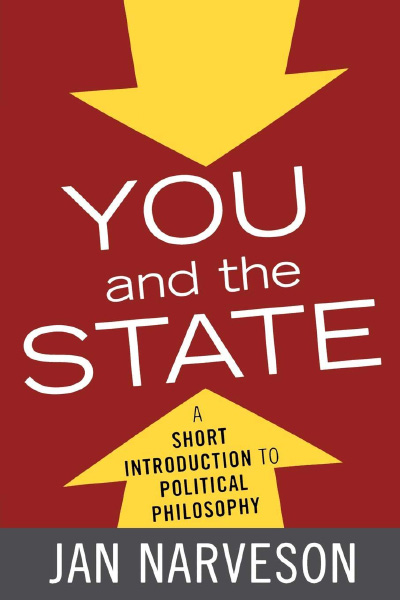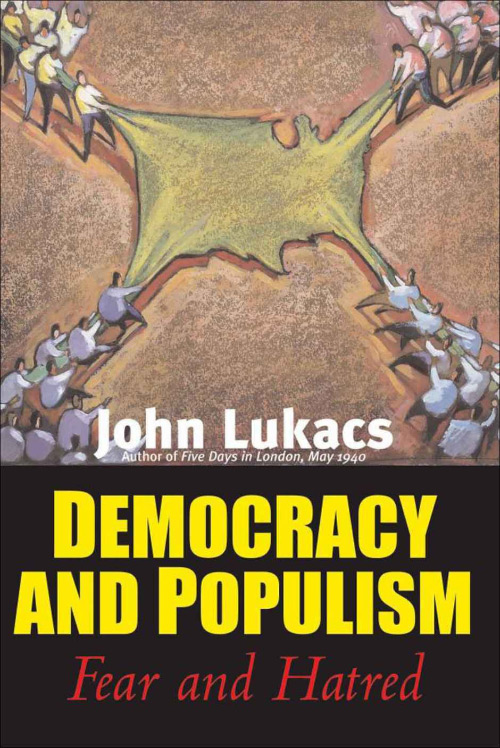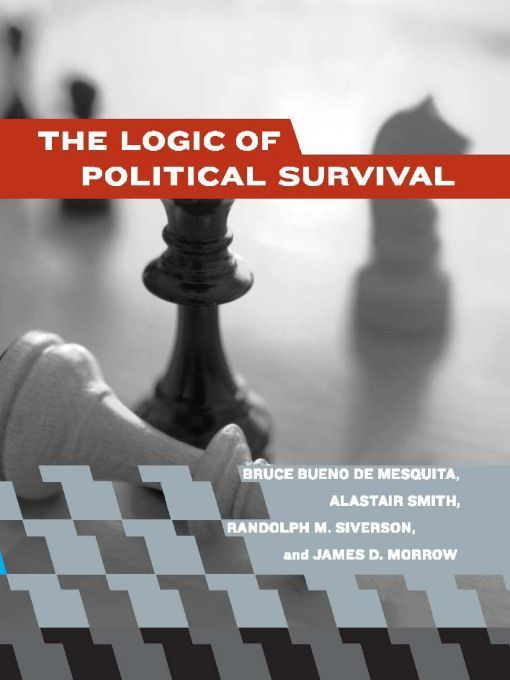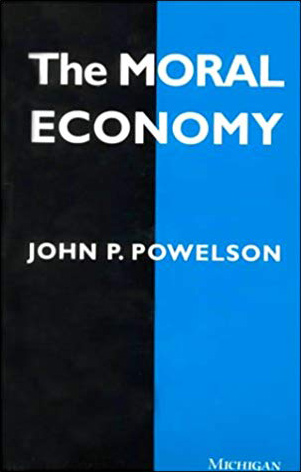John Lennon and Yoko Ono asked us to
Imagine there’s no countries.
It isn’t hard to do.
Nothing to kill or die for.
And no religion, too.
Imagine all the people living life in peace.
And they hoped that someday we would join them, and “the world will be as one.”
In Why Nations, Yael Tamir—president of the Shenkar College of Engineering and Design in Israel, former member and minister in the Knesset, and adjunct professor at Oxford—directly addresses Lennon and Ono’s challenge. She forcefully rejects this utopian fantasy, arguing that a world without true nations would instead be dystopian. In The Lies That Bind, Kwame Anthony Appiah—professor of philosophy and law at New York University—is much more sympathetic to Lennon and Ono but ultimately concedes that the liberal state’s “true anthem” is an earlier song by Lennon and Paul McCartney, “We Can Work It Out” (p. 103).
Tamir sees immense creative potential in nationalism and warns that because it is not going away, the “tragedy” would be “if nationalism . . . were left in the hands of extremists” (p. 181). Rather, because “[n]ationalism is a too powerful and flexible tool to be given up” (p. 182), she wants to wield it to rebuild unity, to make the state great again so that it can solve the problems that the drift from nationalism to globalism has unleashed. Despite this overreaching agenda, the problems addressed in Why Nationalism are worthy of consideration.
The main issue, as Tamir sees it, is that elites around the world have abandoned nationalism for globalism. Today’s cosmopolitan elites wish to become nationless “citizens of the world.” This trend has eroded the national fabric and left a generation suffering from social alienation. Both the Left and the Right are to blame, according to Tamir. “Right-wing ideologists” (p. 93), on the one hand, have convinced the state to withdraw from the public sphere, eviscerating the welfare state, leaving those vulnerable from economic globalization to swim or sink on their own. The elites of the Left, on the other hand, despise these victims—especially less-educated, working-class whites, those who live in the angry, reactionary, frustrated American heartland. The elephant in the room is the increasingly wellknown “elephant” graph by Christoph Lakner and BrankoMilanovic (see Homi Khara and Brina Seidel, “What’s Happening to the World Income Distribution: The Elephant Chart Revisited,” Brookings Institution, April 2, 2018), which she interprets as showing that the middle class and working class of rich countries such as the United States have been “swept . . . away” by the “tsunami” (p. 112) of economic globalization, thanks to neoliberals of the Right. The hyena in the room is those on the left who yap with glee and then force these lost souls to apologize for privileges they don’t have. Because this liberal disdain is deep and mean and painful, she shocks her progressive friends by calling Donald Trump’s victory (perhaps the pinnacle of today’s nationalist backlash) a “democratic victory” rather than a “democratic crisis” (p. 135).
Globalism won’t do, says Tamir. Left, Right, and center must return to the idea of nationalism to put things right. In soaring tones, Tamir summarizes her argument this way:
[T]hough the nation-state’s powers have been eroded, its solidarity worn, its distributive powers limited, and cultural homogeneity challenged, the theoretical inability to define an alternative set of agreed-on, applicable moral and political principles leaves the nation-state the only viable option. . . . Globalism failed to replace nationalism because it couldn’t offer a political agenda that meets the most basic needs of modern individuals: the desire to be autonomous and self-governing agents, the will to live a meaningful life that stretches beyond the self, the need to belong, the desire to be part of a creative community, to feel special, find a place in the chain of being, and to enjoy a sense (or the illusion) of stability and cross-generational continuity. (p. 155)
The primary ingredient in Tamir’s nationalist recipe for reform is statism. Nationalism endows “the random process of border drawing with a purpose.” It “endows the state with an intimate feeling linking the past, the present, and the future, providing reasons for its ongoing existence” (p. 39, emphasis added). In Tamir’s view, state-driven nationalism has been one of the great emancipating forces in modern history. The “caring state defined its duty in paternalistic terms; it did not recoil from educating, guiding, even manipulating the knowledge and feelings of its members” (p. 53). This allowed the nation-state to form the “social solidarity necessary for the establishment of a welfare state” (p. 53). This nationalistic project, as Tamir sees it, was initiated by the elites and successfully turned subjects into citizens, yielding a cross-class coalition that was particularly beneficial to those at the bottom, whom it elevated. Much of this elevation was the product of “one of nationalism’s greatest gifts,” access to “a set of social goods and social services grounded in rights rather than in generosity,” which allowed citizens to “demand” welfare payments and other services “by virtue of their political standing” (p. 89, emphasis added). Here she makes the compelling and oft overlooked point that “one cannot advocate at the same time both open borders and a generous welfare state” (p. 176). Indeed, she deflates the idea of “open borders” as an oxymoron—“borders aremeant . . . to draw a distinction between what is in and what is out; crossing the border must be the exception and not the rule” (p. 35)—noncitizens do not have political standing to demand anything.
Ultimately, Tamir’s project goes beyond the mere redistribution of resources. She calls for a new “social contract” that asks elites to make sacrifices to make the system work. Elites must “level-down their wealth, power and expectations” (p. 170). Bill Gates, Warren Buffett, and others who have given generously of their wealth must give up their power, not just their money.
Why nationalism now? In large part because the “political pendulum [has] swung too far to the individualist pole” (p. 24). As I see it, this passage unwittingly reveals a core problem with Tamir’s argument. Has politics moved too far in the individualistic direction? Yes, but politics, society, and the economy don’t have two poles: the individual versus the state. Thinking this way pretends that only the state can solve collective problems, that there is no sense of community and solidarity among the citizenry without the state—that the state is the nation, that the state itself should even “take on the task of pronouncing” morals (p. 93). The modern state has done many important things, but it has a poor track record of making people genuinely care for each other and making them moral. Rather, it seems bent on the opposite when, as Tamir suggests, it encourages and empowers individuals to “demand” what they have not earned and what they haven’t been endowed with. And Tamir’s suggestion that the welfare state is on thewane is belied by the fact that in theUnited States and in Organization for Economic Cooperation and Development (OECD) countries as a whole, governmental social spending as a percentage of gross domestic product is within an eyelash or two of its all-time high (see “Social Expenditure: Aggregated Data,” OECD.Stat, August 17, 2019). There has been a slight drop since 2010, but that peak was due largely to recessionary conditions. Sydney Patton and Jody Lipford’s forthcoming essay in the next issue of The Independent Review, “Is the Welfare State Crowding Out Government’s Basic Functions? An Update,” warns that the long-term growth of the welfare state in the United States is crowding out other spending by government.
Another set of numbers that belie Tamir’s argument is the “elephant” graph she cites. A closer examination of it reveals that the “developed-world middle class” saw at most only a slight decline in income during the period under consideration. In fact, Bruce Meyer and James Sullivan document—using consumption measures that include the impact of taxes, transfers, and well-known biases in the Consumer Price Index—that the U.S. poverty rate continued to fall as globalization swept over the U.S. economy, dropping to only 3.6 percent (“Winning the War: Poverty from the Great Society to the Great Recession,” Brookings Papers on Economic Activity, Economic Studies Program 45, no. 2 [2012]:133–200). Not much of a material wake from that “tsunami.”
The fraying of vulnerable lives in recent years seems to have deeper causes tied to shifting cultural norms about how to treat one another (see, for example, Sarah Halpern-Meekin, Social Poverty: Low-Income Parents and the Struggle for Family and Community Ties [New York: New York University Press, 2019]). Remember, Tamir suggests that nationalism can “offer a political agenda that meets the most basic needs of modern individuals: the desire to be autonomous and self-governing agents, the will to live a meaningful life that stretches beyond the self, the need to belong, the desire to be part of a creative community, to feel special [and to] find a place in the chain of being” (p. 155). Does the welfare state she apotheosizes do all that? Perhaps she’s confusing it with something closer to home or something more eternal. Can coerced transfers make one “self-governing” and “autonomous”?
However, as Tamir reminds us, nations have helped to bring people together. They can do so again, and the state might even play a positive role in this process. In the not too distant past, people felt greater unity with one another because of their shared national bonds. They were outwardly proud of their countries and their shared cultures. They worked together to create a national narrative. Their stories about the nation—past, present, and future—highlighted what was good and reinterpreted shortcomings to edify. Countries built national monuments, “constructed squares, gardens and even cemeteries, established national days, national rituals, and national song competitions, all meant to ensure the animated presence of the nation in everyday life[;] . . . national heroes were celebrated, children were named after them, and national days were established” (p. 57) to eulogize men such as Abraham Lincoln and George Washington.
I remember this ascendant nationalism from my childhood, when my gradeschool teacher recited Henry Holcomb Bennett’s poem “The Flag Goes By,” which was written a generation after our terrible civil war. My classmates and I were genuinely proud of the “[s]ign of a nation, great and strong”—this emblem of
Days of plenty and years of peace;
March of a strong land’s swift increase;
Equal justice, right and law,
Stately honor and reverend awe.
To us, the flag was a celebration of “equal justice, right and law,” which helped ensure “days of plenty and years of peace.” Nations and nation-states can help citizens achieve these things. I have deep respect for my band teacher, Robert Mautino, who made sure we played folk songs and patriotic music at concerts. A D-Day veteran, he reminded almost anyone who had something bad to say about the nation, “If you don’t love this country, you don’t have to stay. You can leave whenever you want. There are boats and planes leaving every day!” (My brother and I abbreviated this saying to “boats and planes!” The message came through loud and clear.) Sadly, explains Tamir, higher education now “promotes social polarization, cultural differences and political schisms” (p. 97), as many educators at all levels seek to tear down authentic national heroes, focus on the worst aspects of the country’s history, and ultimately drive us apart. Many of today’s educators who attack the Founding Fathers and other heroes want to eat the fruit of what they planted while damning them for planting and cultivating the vine.
Like Tamir’s Why Nationalism, Appiah’s new book The Lies That Bind takes up the challenge of nationalism and broader questions of what unites and what divides. Appiah’s examination is broader, considering not just country but five keys to identity—country, creed (religion), color, class, and culture (the five C’s). His central argument is that “much of our contemporary thinking about identity is shaped by pictures that in various ways are unhelpful and just plain wrong” (p. xiii). The five C’s are living legacies from the nineteenth century that reflect a core error: the assumption that there exists a deep similarity that binds people of the same creed, country, color, class, and culture together. Appiah urges readers to abandon the idea of “essentialism”—that there is something essential that defines and is shared by people within these groups. “There is no dispensing with these identities” (p. xvi), but Appiah’s ultimate goal is to liberate individuals so that they can be free to make and remake their own identities, to throw off these “ties,” these shackles, these enemies of human solidarity that have bound too many of us for too long—to free us from division so we can become “tied” together in more meaningful ways. I fear, however, that in pursuing this goal he ultimately undermines human solidarity and furthers the disintegration of society that worries Tamir. I return to country after a quick look at three of Appiah’s other C’s.
Appiah “wants to convince you that religion is not, in the historical instance, amatter of belief” (p. 41, emphasis added). Religion is not principally a search for truth and the divine. It’s not chiefly a “body of belief.” Because of this, he asserts, “[s]ome Christians think that Jesus really was, in some sense, God. . . . Others think he was just a very special human being” (p. 47). Contrast this characterization with C. S. Lewis’s definition of a Christian to mean “one who accepts the common doctrines of Christianity” (Mere Christianity [1952; reprint, New York: Harper Collins, 2001], p. xii). A pillar of these doctrineswould be theNiceneCreed, which confesses that Jesus was “true God” and that he “became man.” If so, he was a very special human being, but not just a special human. This bedrock creed of theworldwide Christian faith asserts that hewas notmerely in some sense God; he was “God from God . . . one in being with the Father.” Unfortunately, Appiah’s take on religion renders it meaningless. Although Appiah closes the book with the well-known line from Roman playwright Terence, “I am human, I think nothing human alien to me,” one wonders if this ever could be true. Humans do some deeply disturbing things—genocide, infanticide, enslavement, and blasphemy, for example. Are we to feel solidarity with these things, or should we alienate them from ourselves? Christians, Jews, and members of other religions hope that many “human” things are alien to everyone theymeet but aim to see that “essential” something that binds us all—if we all share a core identity because we all are made in the same image and likeness.
Although Appiah argues that we have a “tendency to exaggerate the continuities of such entities” as creed, country, color, and culture over time, he contends that when it comes to class, “the continuities are far greater than we often think” (p. 141). He highlights the demerits of the modern “meritocratic” society, in which merit is becoming dynastic because “nearly all parents try to get an unfair advantage for their offspring” (p. 172, emphasis added). They do? He sees society as a zero-sum game because he believes that almost everyone else thinks this way in evaluating others. “Granting dignity to those at the top denies respect and self-respect to others” (p. 176). It does? Sympathetically quoting Michael Young’s book The Rise of the Meritocracy (New York: Penguin, 1961), Appiah suggests that were “we to evaluate each other not only according to their [sic] intelligence, education and occupation but according to their kindliness and courage, imagination and sensitivity, sympathy and generosity[,] there would be no classes” (p. 176). In other words, there aren’t classes because we all do evaluate other people according to their kindliness, imagination, sympathy, and goodness. Perhaps I overstate this point, but Appiah’s worries are not that worrisome: there are many people who do pay attention to more than intelligence, education, and economic success. My experience is that the vast majority of people look far beyond such narrow considerations.
Perhaps most troubling in this discussion of “class” is Appiah’s curious take on the roots of economic success. “Even if we reward hard work, the capacity for hard work is itself the result of natural endowments and upbringing . . . so neither talent nor effort . . . is itself something to be earned” (p. 180). Few will agree with this extreme assertion, recognizing that a capacity is not an actuality. I know that I could have worked harder and achieved much more financially and professionally, but I have instead been distracted and even lazy at points. I have wasted much of my precious time. I know this, and I suspect that almost everyone else feels the same thing about themselves. Hard work and effort are not simply due to luck. “Endowments” and “upbringing” leave out innumerable personal decisions and the lifetime work of practicing the virtues—most of which don’t have an economic payoff.
When it comes to culture, Appiah wants “you to give up the very idea of Western civilization. It is at best a source of confusion and at worst an obstacle to facing the political challenges of our time” (p. 191). He urges readers instead to embrace a cosmopolitanism that allows individuals and groups to mix and match the best pieces from a wide array of cultures. This goal sounds laudable—provided that it is the best parts of culture that we end up selecting. I fear that it may not be. Can pieces of culture, which often come in bundles, be selectively mixed and matched? Appiah invites us to see culture as a “project”: “This project can start with the recognition that culture is messy and muddled, not pristine and pure. That it has no essence is what makes us free” (p. 210). Culture is indeed messy, but I find it ironic that someone who thinks we don’t even have the freedom to decide whether to work hard or not subsequently argues that we have freedom to determine our cultures. And then there’s the idea that culture’s lack of an “essence” is what makes us free—not the free will that we all possess.
Cosmopolitanism returns us to Appiah’s last C—country. He defines a nation as a “group of people who think of themselves as sharing ancestry and also care about the fact that they have that supposed ancestry in common. To be a nation, it is not enough to meet an objective condition of common descent; you have to meet a subjective condition, a condition that lies in the heart and minds of its members” (p. 76). But surely he doesn’t mean this. Do Americans whose ancestors came from various places in Europe, Asia, Africa, and the Western Hemisphere believe that they meaningfully share ancestry? I suspect that most don’t but that it doesn’t matter because we have another working definition of what it means to be a nation, at least our nation—a group of people who were born into or who were invited to join a political union. (The reader can probably improve upon my wording.) It’s not clear that this alternative definition undercuts Appiah’s broader argument that being a nation is difficult because the romantic rallying cry of “One people!” masks the diversity and tensions within the nation or his insight (mentioned earlier) that the “liberal state’s true anthem is: ‘We can work it out’” (p. 103).
Sadly, both Tamir and Appiah ignore the idea that different problems can best be solved at different levels. You are generally in the best position—in terms of both knowledge and motivation—to make decisions about what to eat and how to spend your time. Other problems, such as how to build and maintain a highway system, aren’t solved so well at the individual level, so we need firms and/or governments at the local, state, and national levels to do these types of things. And there are some problems, such as overfishing of the oceans, that may need supranational solutions. Some problems are best tackled by a nation; others aren’t. And national rivalries, when peaceful, can even be immensely beneficial—as when Chinese leaders finally took ideas from other countries to overhaul their dysfunctional economic system, thus lifting a billion people out of poverty.
Under almost any definition of “nation,” one can agree with Appiah’s father’s insight that national consciousness is “a fabric to be woven” (p. 102), like the kente of his native Ghana. But how do we weave this national fabric, and how do we “work it out”? Is this the state’s job? Or does it belong primarily to the people? Are we to be self-governing agents? States and those who run them seek primarily to accumulate power. People have broader goals. People do seek economic success, status, health, longevity, and other goods, but they seek primarily to lead virtuous lives, despite their imperfections. This should be at the forefront when considering the purpose of building and living in a nation. Living virtuous lives depends on individual decisions but is influenced by the broader culture, which is influenced by national laws. But laws rarely make people more virtuous. Rather, they often work best when they don’t push or force people to forfeit their virtues. If so, the nation may best flourish when we as individuals consciously treat ourselves and each other as though we are worthy of respect and capable of living virtuous lives—simply because we all are human beings. That’s something worth imagining—and acting upon.
| Other Independent Review articles by Robert M. Whaples | ||
| Summer 2024 | The Journey of Humanity: The Origins of Wealth and Inequality | |
| Summer 2024 | Of Boys and Men: Why the Modern Male Is Struggling, Why It Matters, and What to Do About It | |
| Summer 2024 | These United States: Our Nation’s Geography, History and People | |
| [View All (96)] | ||

